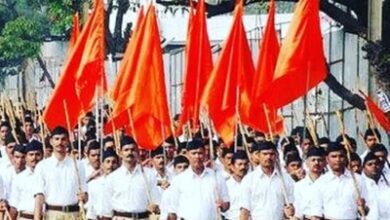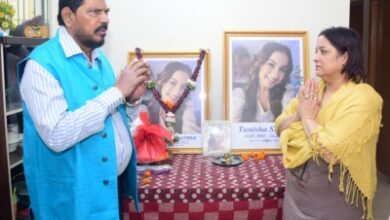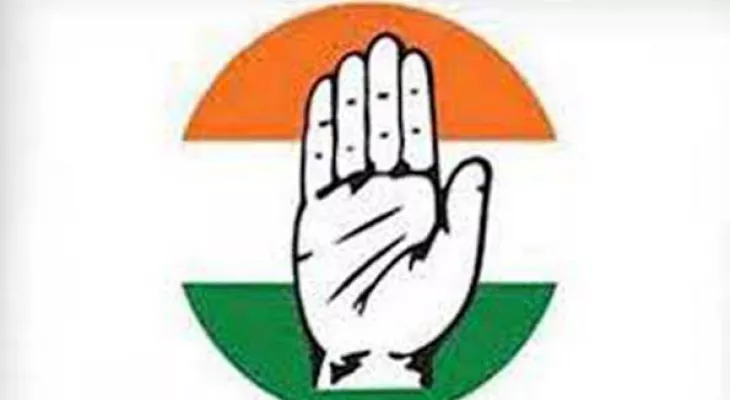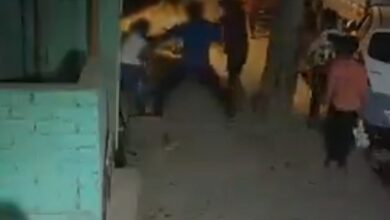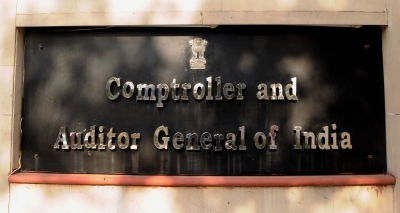
Bhubaneswar, Oct 4: The Comptroller and Auditor General of India (CAG) has picked holes in the implementation of Direct Benefit Transfer (DBT) in the Post-Matric Scholarship (PMS) and Medhabruti scholarship schemes run by the Scheduled Tribes and Scheduled Castes Development, Minorities and Backward Classes Welfare department and the Higher Education department of the Odisha government.
Scholarships are provided to eligible students from ST, SC, OBC and EBC wanting to pursue +2, ITI, +3, post graduation, professional and technical courses, like MBA, MBBS, MCA, Law and M.Tech under the PMS scheme.
Similarly, the ‘Medhabruti’ scheme was launched by the Higher Education department to provide scholarships to meritorious students whose parental income does not exceed Rs 6 lakh per annum.
The CAG, during the audit, found various discrepancies in the implementation of PMS and Medhabruti schemes such as delay in processing, transfer of scholarship amount to dormant bank accounts.
“The State Advisory Committee (SAC) did not have representation from the National Payments Corporation of India (NPCI). As such, the SAC remained deprived of valuable inputs from NPCI in rolling out DBT successfully,” CAG noted.
Following the request of the state DBT Cell (SDC), the nodal point for all activities and issues related to DBT operations, the NPCI gave its nod for the integration of ‘VLookup web service and status of bank account’ with state DBT portal so that the authorities can identify the latest seeded bank accounts and know whether the bank accounts were active or dormant.
The CAG officials noted that as no follow-up action was taken up by the SDC thereafter, the NPCI services could not be made available in the State DBT portal, as of March 2021.
“It was further noticed that the bank accounts of 2,41,870 out of 3,12,82,316 PMS beneficiaries were not Aadhaar-seeded and both the PMS and Medhabruti were beset with issues related to failed bank transactions, due to dormant/inactive bank accounts and credits into incorrect bank accounts,” CAG claimed.
It also came to the fore that the SDC had organised only one training programme for the officials on the strengthening of the DBT ecosystem in Odisha during 2017-21.
“PRERANA and eMedhabruti management software, were neither interlinked with each other nor were they linked with scholarship portals of other departments (e.g., Banishree of the Social Security and Empowerment of Persons with Disabilities department), due to which applications of the same students, for different scholarships, at the same time, could not be detected. As a result, 11,880 students had been granted both PMS amounting to Rs 6.91 crore and Medhabruti amounting to Rs 6.80 crore during 2017-21,” the CAG remarked.
The CAG also found that some nursing students have got scholarships under both National Health Mission and the PMS scheme of the state government in Jharsuguda, Kalahandi and Mayurbhanj. Similarly, as many as 973 students registered in the PRERANA software, showing them as students of different courses from different institutes, have been paid Rs 2.43 crore under the PMS scheme.
“In four sampled districts, 1,668 students, who pursued different courses later, but of the same stage (e.g., Intermediate of Arts after Intermediate of Science), had been granted PMS, amounting to Rs 3.71 crore, during 2017-20,” the audit found.
The principals of many educational institutions have not properly verified the data like the income certificate, resident certificate, mark sheet, bank details and Aadhaar numbers submitted by the applicants for scholarships in 1,466 out of 97,810 cases audited by the CAG.
Besides, the DBT Cell and the SSD department didn’t use data available through the Socio Economic and Caste Census, 2011 for the identification of the eligible students and the Student Academic Management System (SAMS) data to trace the students who failed to apply for the scholarship under the PMS scheme. So, the state witnessed a decrease by 19 per cent in the number of applicants under the PMS from 5.51 lakh in 2017-18 to 4.47 lakh in 2020-21.


